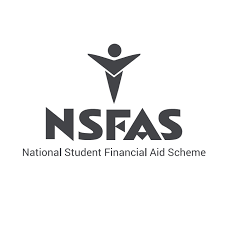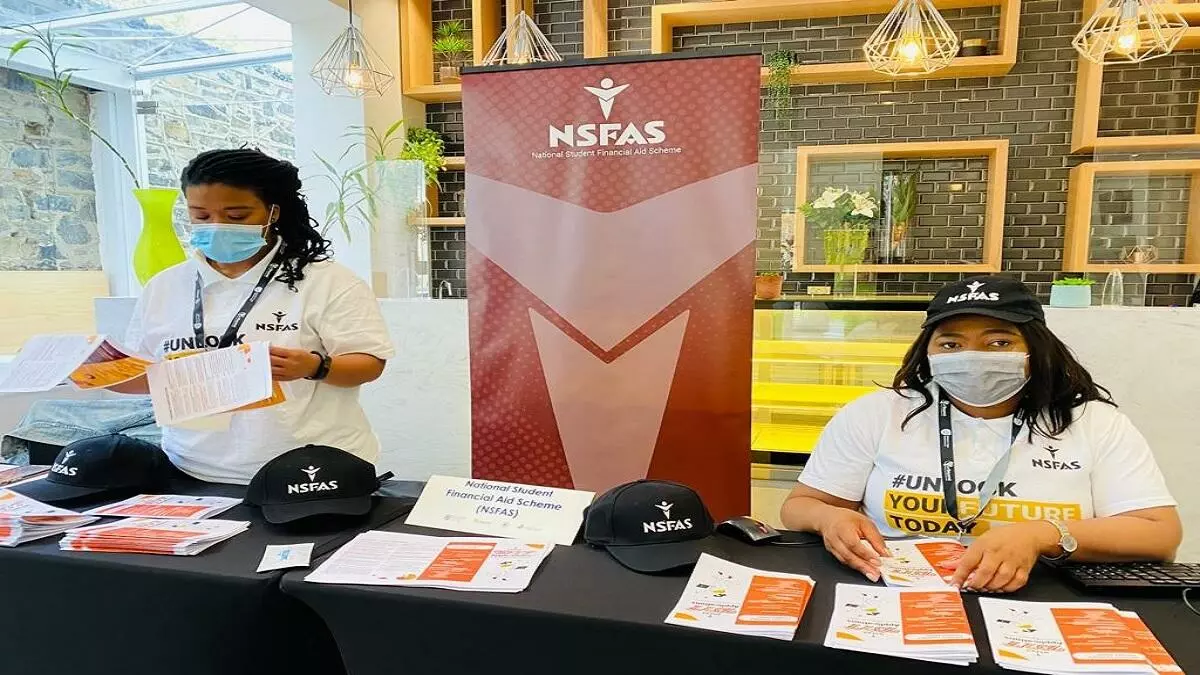Bursaries provided by the National Student Financial Aid Scheme ensure that higher education is accessible to students from poor and working-class backgrounds. However, not all students who applied for a bursary have been approved for funding.
The National Student Financial Aid Scheme (Nsfas) received more than 1.6 million funding applications for the 2023 academic year. A total of 941,491 students who submitted bursary applications were approved for funding in 2023.
However, the financial aid scheme revealed that 317,335 bursary applications were unsuccessful. Nsfas said the unsuccessful applicants did not meet the Nsfas funding requirements.
Nsfas has since revealed that the appeal function on the myNsfas portal is now active. This function will enable applicants who were rejected by the financial aid scheme to submit an appeal and possibly receive funding for the 2023 academic year.
“The NSFAS appeal functionality on the myNSFAS portal is active. All applicants with unsuccessful application status may log onto their myNSFAS account and submit an appeal application, with the required information and documents” explained the financial aid scheme.
Nsfas reminded unsuccessful bursary applicants that appeals must be submitted within 30 days after the appearance of the unsuccessful status.
Appeals must be submitted on the myNsfas portal. Nsfas warned that they will not accept any appeals submitted by applicants via email,
All students who exceeded N+2 or N+3 are able to appeal rejection status.
The N+2 rule means that students only have N+2 years to finish a degree. “N” refers to the minimum number of years allocated to achieve the qualification.
Therefore, if a degree can be completed in 4 years, Nsfas will only fund the student for the 4 years that they can complete the degree. They will also fund students for an additional 2 years if they must redo certain subjects or modules to complete their qualification.
Students whose Nsfas appeal applications are successful will receive comprehensive funding that aims to cover all aspects of their tertiary education journey.
This includes fully paid tuition accommodation fees. Students will also be eligible to receive several allowances to cover additional costs related to their studies.



